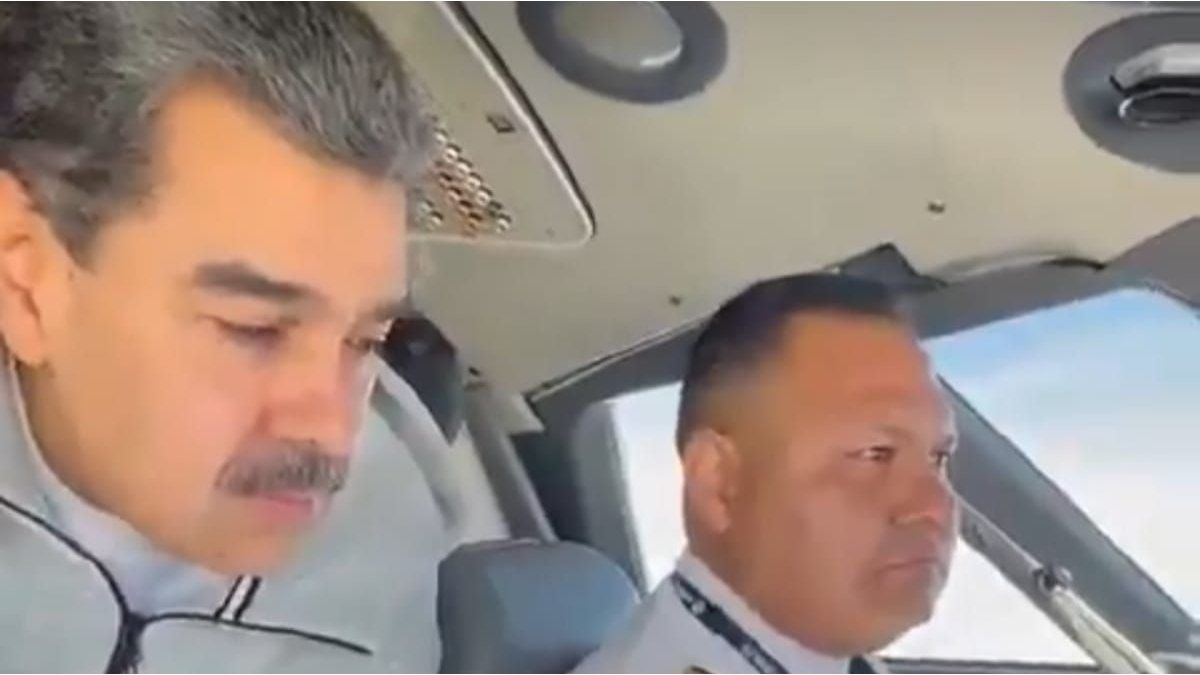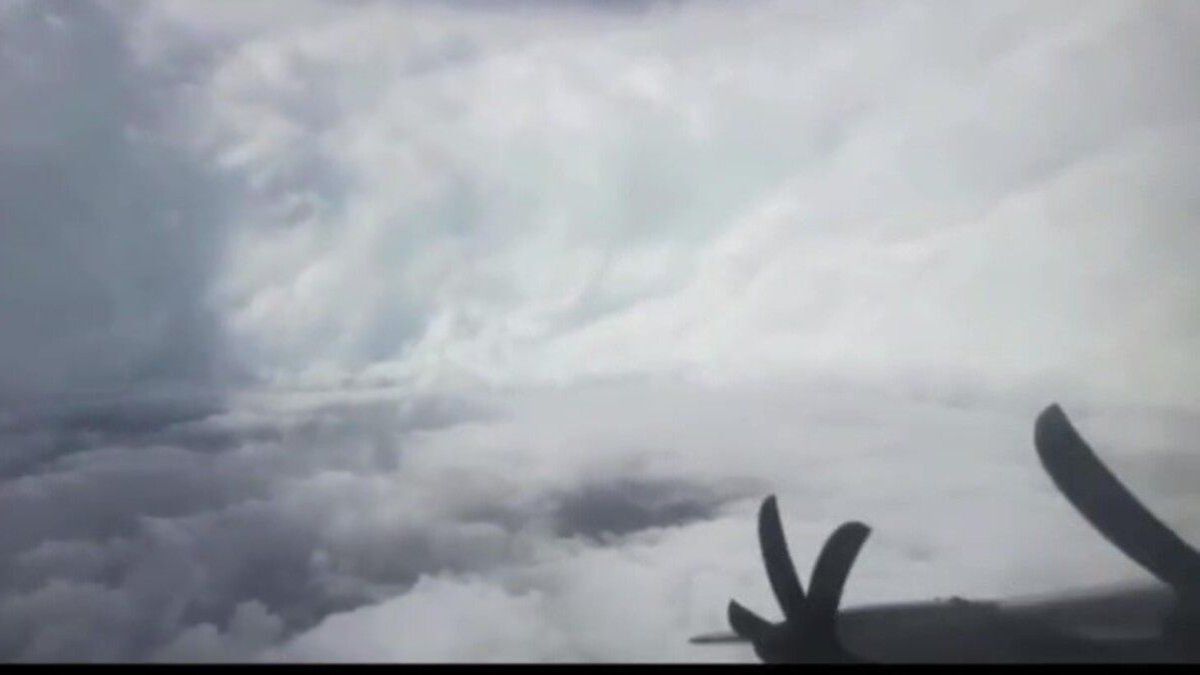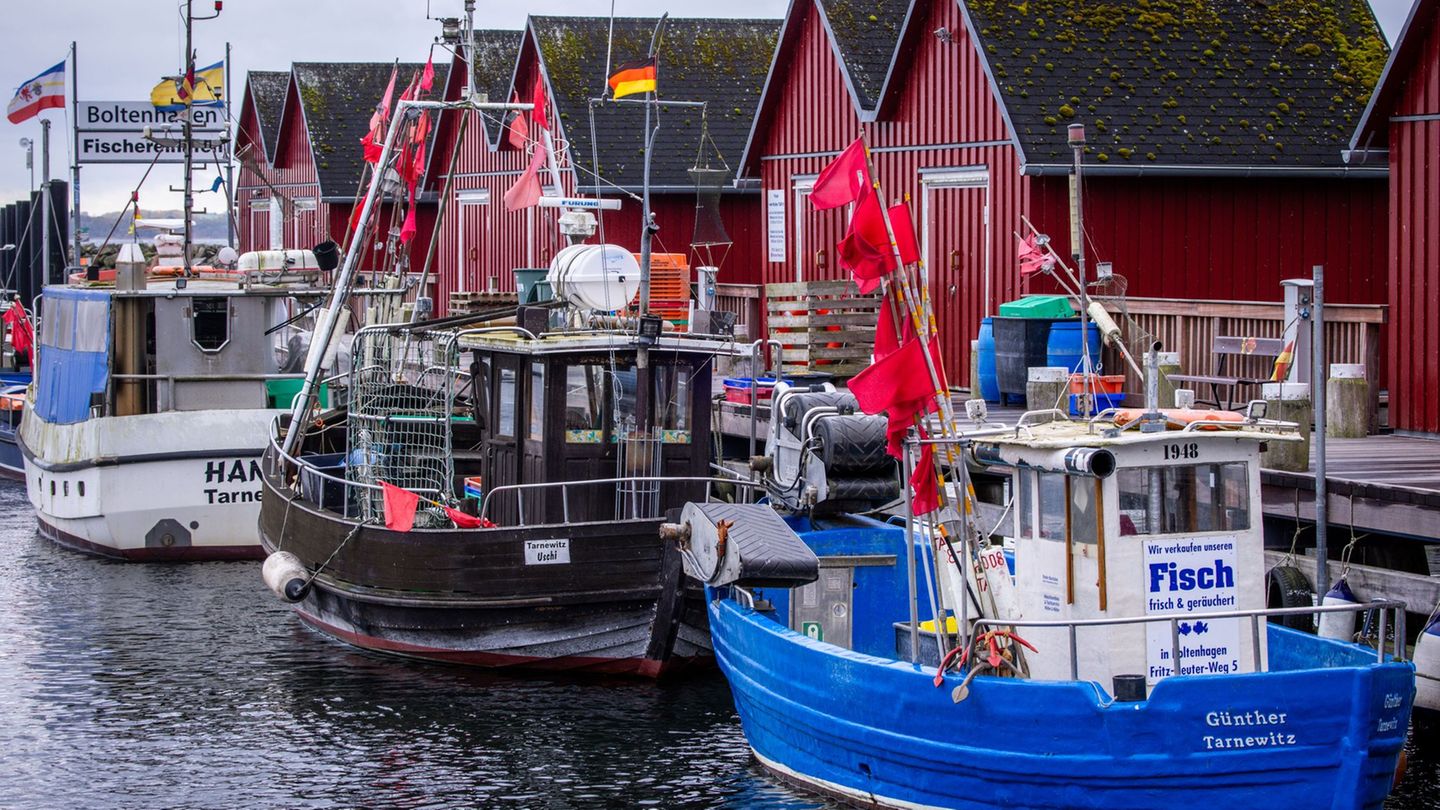The streets of the capital Port-au-Prince were unusually empty on Thursday. It remained unclear who was behind the attack. The Caribbean country has been in a serious crisis for many years. The murder of the President has made the situation even worse.
According to the police, four suspected perpetrators were killed and two arrested. The suspects were intercepted after the attack on the outskirts of the capital, said police chief Lon Charles on Wednesday evening (local time) on television. “They are killed or captured.” He did not give details of their identity. Haiti Ambassador to the USA, Bocchit Edmond, described the assassins as well-trained and heavily armed foreign mercenaries. They would have posed as agents of the US drug agency DEA.
Video: ORF correspondent Inka Pieh on the situation:
This video is disabled
Please activate the categories Performance cookies and Functional cookies in your cookie settings to display this element. My cookie settings
Moses (53) was shot dead in his residence on Wednesday night around 1.00 a.m. (local time). His wife Martine was seriously injured. She was brought to Miami, USA, a good 1,000 kilometers away for treatment. The newspaper “Le Nouvelliste” reported that Moses’ body had twelve bullet holes, some of them from large-caliber weapons. His office and bedroom were ransacked. His daughter was hiding in her brother’s room. Two employees were tied up.
The assassination leaves a power vacuum. Since a parliamentary election planned for October 2019 was canceled due to violent protests against Moses, among other things, there has been no active parliament there since January 2020. Moses ruled by decree ever since.
Shortly before his murder, Mose had appointed neurosurgeon Ariel Henry as interim prime minister on Monday. Foreign Minister Claude Joseph had held the title since April, although he was never constitutionally confirmed in office due to the lack of parliament. Because Henry had not yet been sworn in, Joseph took the reins in hand: He called a meeting of the Council of Ministers, stood in front of the cameras and signed edicts for 15 days of state of siege and state mourning.
In an interview with “Le Nouvelliste”, Henry was reluctant. “I don’t want to add oil to the fire,” he emphasized. But he also said of Joseph: “In my opinion, he is no longer prime minister.” Henry called the state of siege unnecessary. This allows the government, among other things, to use the military for police tasks and to restrict the rights of citizens.
Moses, who reigned since 2017, was extremely unpopular. He was accused of corruption, links to brutal gangs and autocratic tendencies. Protests laid Haiti lame again and again in the past three years. Most recently, bloody fights between gangs for control of parts of the capital have displaced thousands of people. Presidential and parliamentary elections as well as a constitutional referendum are planned for September 26th. Joseph has announced that he will stick to the date.
The UN Security Council plans to hold a closed-door meeting on Thursday with the situation in Haiti employ. There are calls for an international peacekeeping force to follow Haiti to send, which should ensure security. Some Haitian Twitter users were outraged. “Foreign interventions, especially military ones, should never be an option,” wrote filmmaker Etant Dupain.
Already in 2004 – after a coup against Haiti first democratically elected President Jean-Bertrand Aristide – the UN stabilization mission Minustah had been sent to the Caribbean country. The security situation improved, but the blue helmets under Brazilian leadership made themselves extremely unpopular until they withdrew in 2017: They brought cholera into the country and are also said to have committed numerous sexual crimes.




